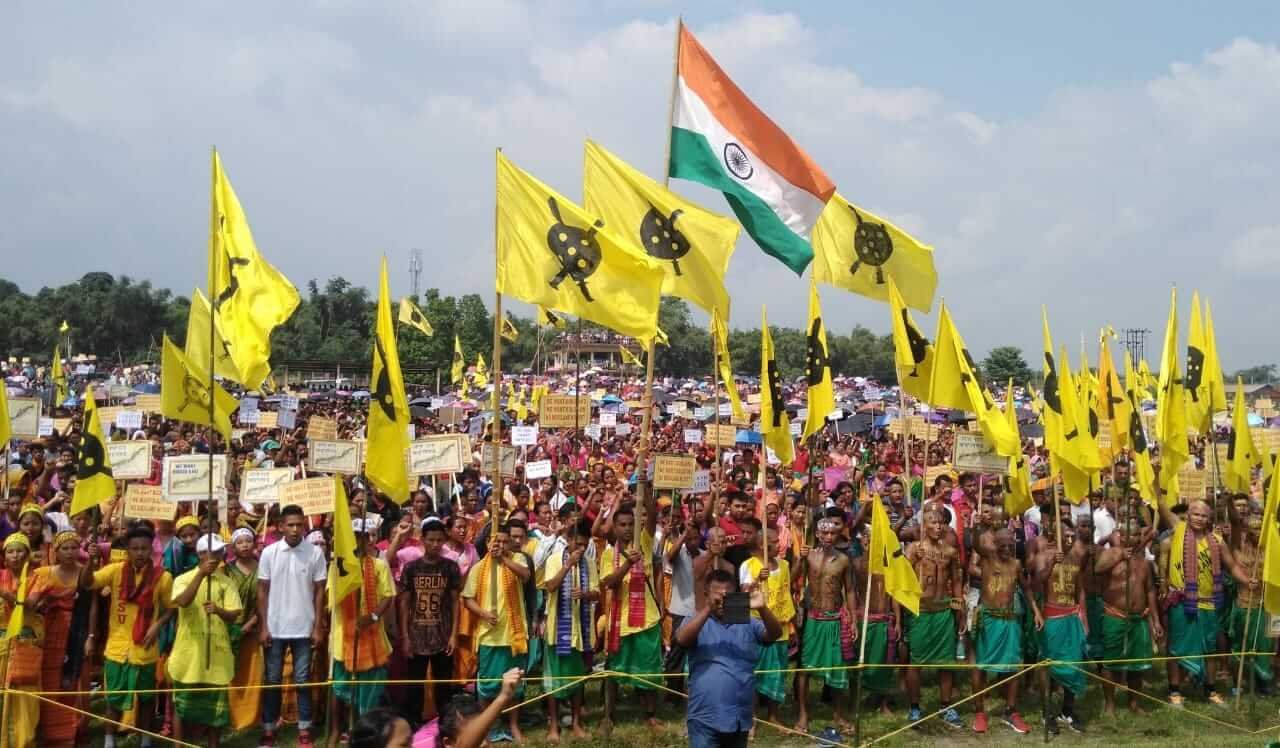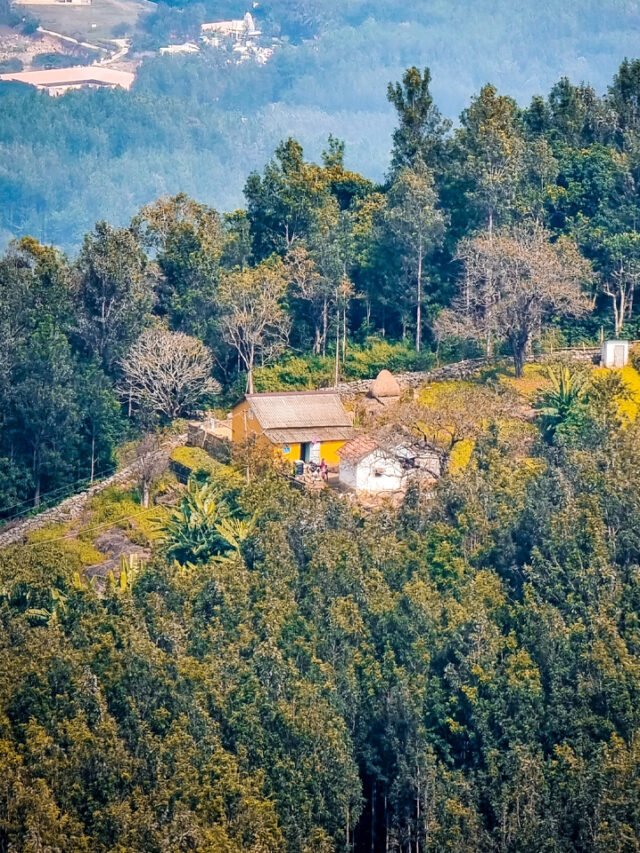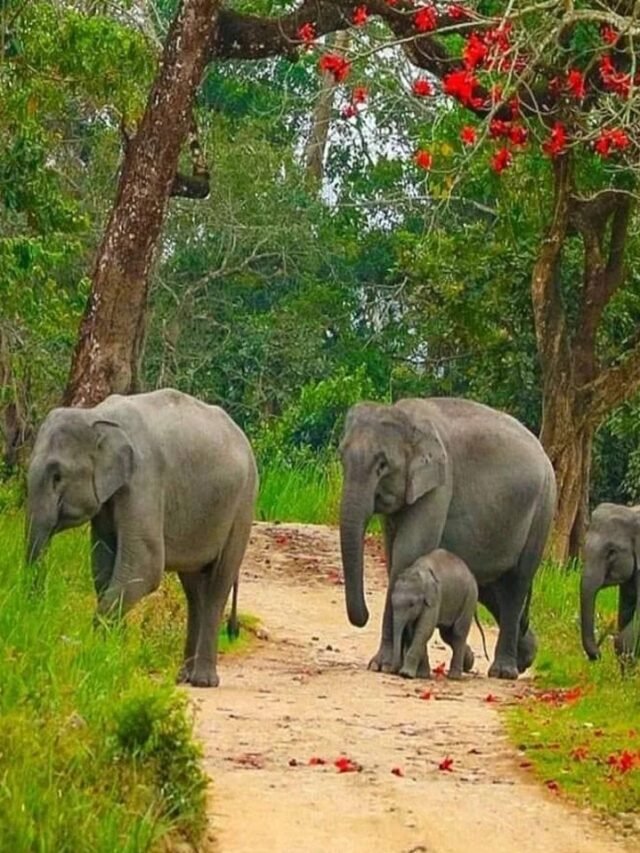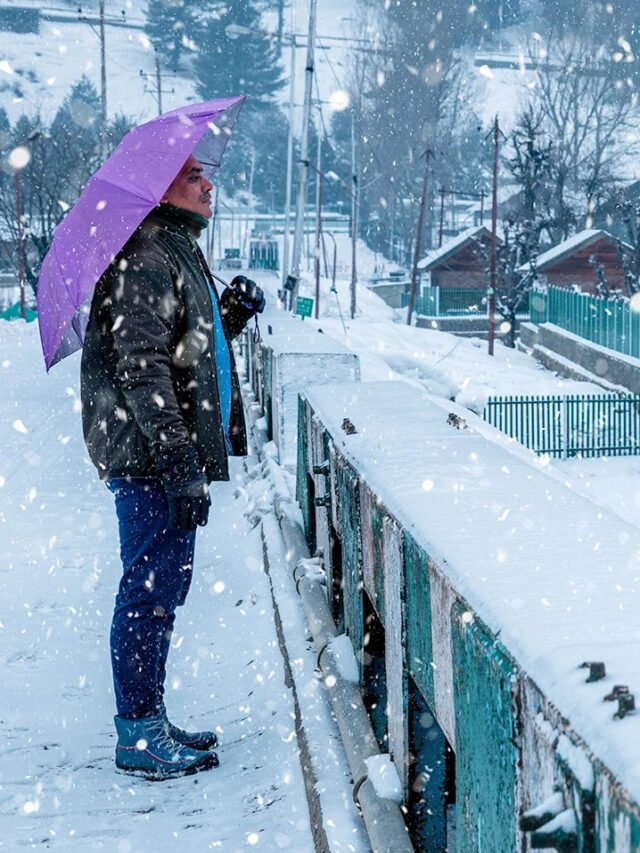KOKRAJHAR, June 26: A tripartite review meeting on the implementation of the Bodo Peace Accord, 2020, was held on Thursday at the Ministry of Home Affairs (MHA), North Block, New Delhi.
The meeting brought together representatives from the Government of India, the Government of Assam, and signatory Bodo organisations to discuss pending issues under the accord.
The Bodo Peace Accord, signed on January 27, 2020, in the presence of Union Home Minister Amit Shah, marked the third such agreement in Assam.
It was inked by representatives of the Government of India, the Government of Assam, and leaders from the All Bodo Students’ Union (ABSU), the former National Democratic Front of Boroland (NDFB), and the United Bodo People’s Organisation (UBPO), ushering in a new era of peace in the Bodoland region.
Thursday’s meeting was chaired by Joint Secretary (North East), MHA, Neeraj Kumar Bansod, and attended by Deputy Secretary N R Minz, secretary, Home Department, Government of Assam, Partha Majumdar, Additional DGP of Assam, Hiren Nath, and Principal Secretary of BTC, Akash Deep.
A 10-member delegation from the signatory Bodo organisations, led by ABSU president Dipen Boro, participated in the deliberations.
The meeting reviewed key unresolved issues and priority demands under the accord, including the expansion of the Bodoland Territorial Region (BTR) to include Bodo-majority villages in Sonitpur, Biswanath, and adjoining southern areas; amendment to Article 280 and the pending 125th Constitutional Amendment Bill to provide greater autonomy to BTR; Scheduled Tribe (Hills) status for Boro Kachari people in Karbi Anglong; notification of BKWAC villages under TAC and RHAC; and full implementation of the Forest Rights Act in the BTR region.
Other issues discussed included the inclusion of educational institutions under government provincialisation, withdrawal of cases, ex-gratia to families of martyrs, rehabilitation of former NDFB cadres, release of Dr Nabla and others under CBI and NIA cases, and recruitment in police and armed forces. Demands for a ₹1,500 crore special development package and the establishment of institutions such as an NIT, NERIMS, Central University, tribal university campus, and sports academy were also raised.
The Bodo organisations termed the discussions constructive, stressing the need for time-bound implementation of remaining provisions.
ABSU president Dipen Boro reiterated that progress must be visible before 2026, warning that failure to act could result in a democratic movement to safeguard the rights and aspirations of the Bodo people.
“The ABSU insisted on time-bound implementation of the clauses of the Bodo Accord before 2026 under the spirit of the BTR Peace Accord,” Boro said.












